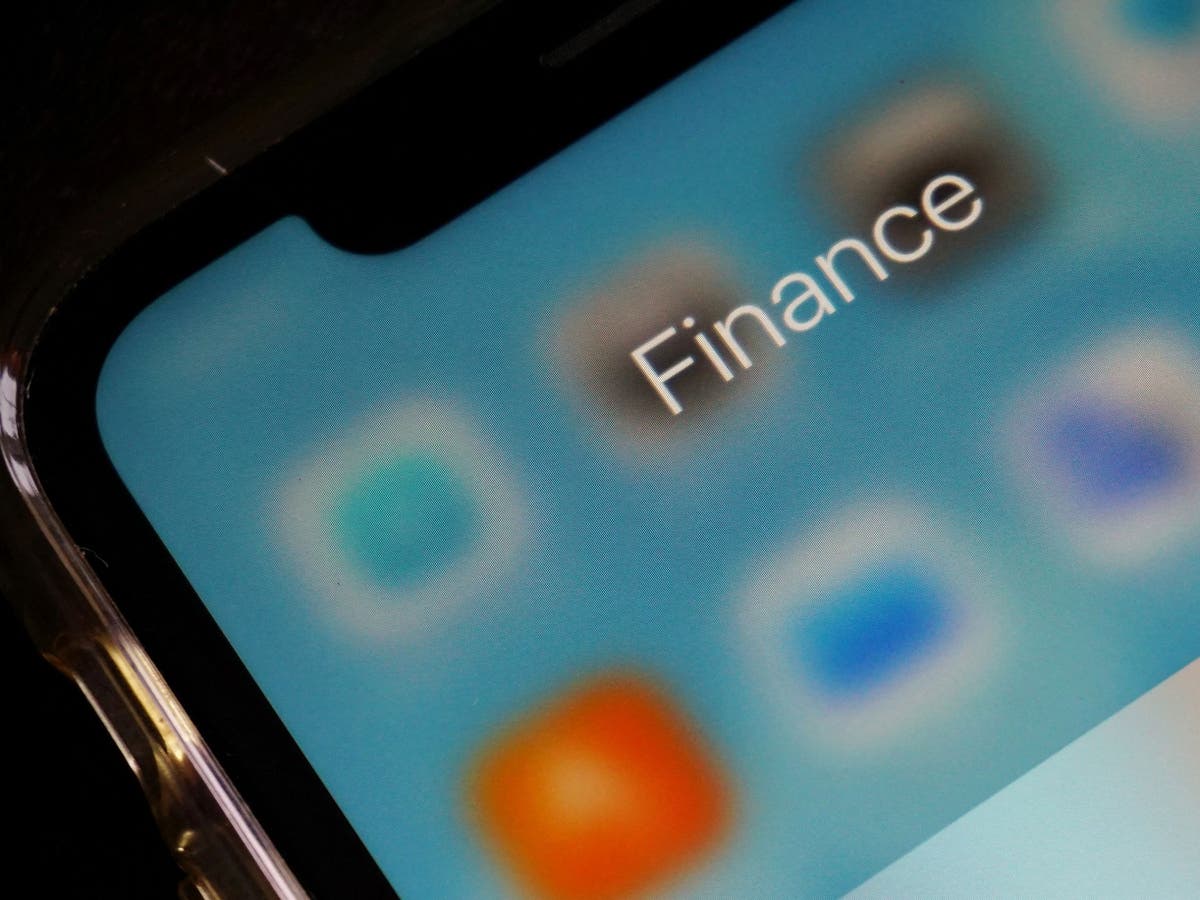- Newport Homeowners: Find savings with the Residential Tax Rate Program
- No Employer-Sponsored Retirement Plan? Here’s What a Financial Advisor Suggests
- The Japanese Hybrid SUV With The Highest Fuel Cost Savings
- Retirees Concerned About Inflation Impact on Savings
- How To Maximize Your Savings By Effectively Using Your Bank’s Budgeting Apps
Thousands of everyday investors who used banking apps to gamify personal finance have been left with mere pennies after a fintech company collapsed earlier this year.
Bạn đang xem: The fintech company that collapsed and took $90m of people’s life savings with it
The collapse and bankruptcy of fintech middleman Synapse in May has left more than 100,000 Americans locked out of a collective $90 million of their own money, prompting a class action lawsuit.
One of those customers was Kayla Morris, a former school teacher from Texas who was saving money to buy a largerhome for her growing family.
When she and her husband sold their home in 2023, they took their earnings — $282,153.87 — and deposited it into fintech app Yotta, where they believed their money would be safe.
After the Synapse collapse, Evolve Bank & Trust worked to return the money tied up in complicated ledger mishaps back to the customers, but Morris was left wanting.
“We were informed last Monday that Evolve was only going to pay us $500 out of that $280,000,” Morris said during a court hearing, according to CNBC. “It’s just devastating.”
Her situation was not unique; Zach Jacobs, who had $94,468.92 deposited in Yotta said he was getting less than $130 back from his bank.
Morris, Jacobs and other customers affected by the downfall of Synapse likely had never heard of the company before May 11. They used apps like Yotta or Juno — banking apps that were not banks, but gamified personal investment platforms — which in turn relied on Synapse’s services.
In April, approximately $265 million of users money was tied up in the end of Synapse. Since then, some $90 million is still unaccounted for.
Xem thêm : Stop & Shop rolls out Savings Station kiosks
But that’s not the worst part; not only are the users locked out of their funds, but due to alleged improper ledger keeping on Synapse’s end, it’s unclear exactly how all of those funds should be distributed.
How did a fintech middleman end up in the center of this level of monetary chaos?
The rise and fall of Synapse
Synapse was founded in 2014 and was backed by venture capital firm Andreessen Horowitz. The company’s aim was to provide fintech companies — like Juno or Yotta — with a means of providing banking services despite not holding banking licenses.
Fintech platforms that don’t have banking licenses aren’t protected by the Federal Deposit Insurance Corporation. If a major US bank fails, customers who keep money with the bank aren’t left holding an empty bag — the FDIC will reimburse them up to $250,000 per depositor, per banking institution.
As a result, fintech companies typically need to partner with FDIC-insured banks to hold their customers’ money in special accounts that give the companies the ability to manage those funds. That also means fintech companies need a middleman to perform bookkeeping tasks and maintain their ledgers; which is where Synapse entered the picture.
Synapse had no lack of customers in need of its services; before its bankruptcy, it had contracts with 100 fintech companies representing approximately 10 million end users, according to an April court filing.
After Synapse declared bankruptcy in April, its four banking partners lost access to a critical system they used to identify the company’s records. That meant that end-users using fintech apps like Yotta were left with their money tied up, and their banks without the means to determine who had what deposited where.
In response to the chaos, the FDI proposed a new record keeping rule in September requiring more robust ledger keeping for any bank deposit received from a third-party or non-bank entity — fintech companies — if they accept deposits from consumers or businesses.
Since the chaos began, the partner banks working with Synapse have been trying to reconcile with customers. A report filed by the Troutman Pepper lawsuit, published in September, found that the between $65 million and $95 million of the $265 million is still unaccounted for.
FDIC response and lawsuit
The FDIC’s rule proposes new requirements for any “custodial deposit accounts with transactional features,” according to Banking Dive.
The aim is to force banks to maintain “direct, continuous, and unrestricted access to the records” of any third-party groups maintaining ledgers for third-party entities, like fintech companies.
Xem thêm : Will Texas Finally End Daylight Savings Time In 2025? | NewsRadio 740 KTRH
The rule was a direct response to what happened with Synapse, and will, hopefully, prevent something like this from happening again in the future.
But what happens in the future isn’t going to make whole the users who still don’t have access to their money.
American Bank, AMG National Trust, Lineage Bank, and Evolve Bank & Trust — Synapse’s banking partners — have been hit with a lawsuit seeking class action status in a federal court in Colorado.
That lawsuit, filed in late November, was brought primarily by Yotta and Juno customers who allege the banks engaged in “gross mismanagement of cash deposits of ordinary consumers who have lost access to their holdings” in the wake of Synapse’s bankruptcy.
“Unfortunately, the Partner Banks failed to adequately maintain and safeguard customers’ funds,” the lawsuit said.
The lawsuit comes as the banks are still working to get the money back to the customers.
Last month, Evolve announced it was ready to disburse $46 million back to Synapse end users.
“It has been a long road for everyone involved, but the right road, and we are proud to have completed this exhaustive reconciliation process, which we believe was the responsible course of action to properly return end user funds,” an Evolve spokesperson told Banking Dive in an email.
However, some of those payouts have left customers overwhelmed; according to a Banking Dive report, some Evolve customers who have received payouts report receiving as little as $0.84 on more than $10,000 in funds, and $9.01 on a $28,660 deposit.
As a result, it’s unlikely the suing customers will be backing off anytime soon.
“The result is that many customers are left without access to their cash deposits and with no clear ability to discern which of the Partner Banks holds their money,” the lawsuit said. “But their money is necessarily held by one or more of the Partner Banks.”
Nguồn: https://poissondistribution.lat
Danh mục: News





